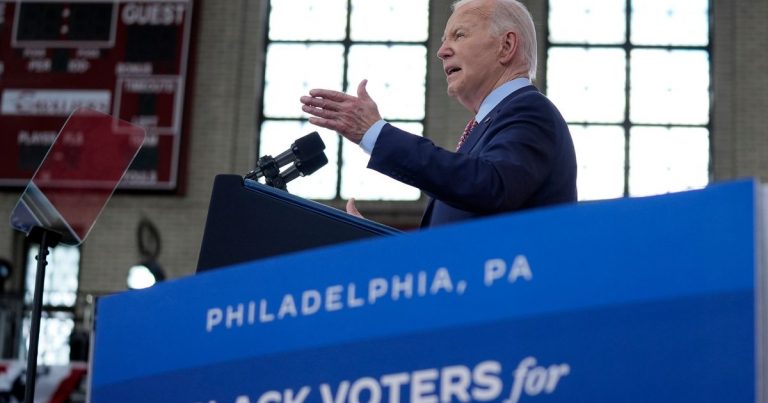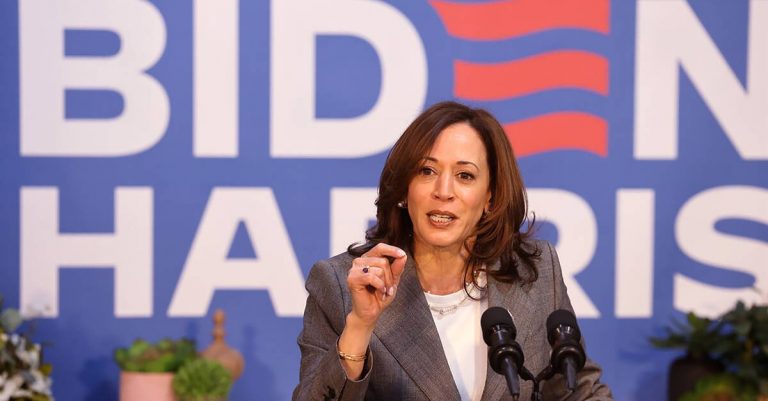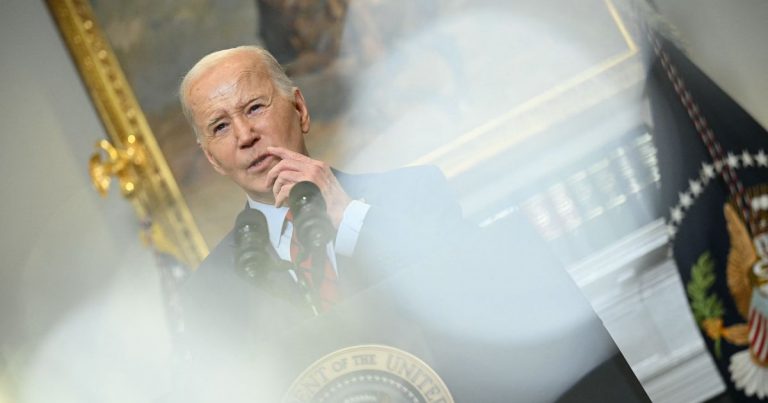Mark Zuckerberg praises Trump’s strong reaction to assassination attempt.
Welcome to the Boston Post News network, where we bring you the latest updates on business, technology, politics, and more. Today, we delve into the intriguing world of tech giants and their involvement in the political landscape.
In a recent interview with Bloomberg’s Emily Chang, Meta CEO Mark Zuckerberg shared his admiration for former President Donald Trump’s response to an attempted assassination at a Pennsylvania rally. Zuckerberg praised Trump for his resilience and fighting spirit, describing the moment when the Republican nominee defiantly rose after being shot as “one of the most badass things” he has ever witnessed.
This is a stark contrast to Zuckerberg’s previous criticism of Trump, particularly over his immigration policies in 2017. Despite this shift in sentiment, Zuckerberg has chosen not to publicly endorse either Trump or President Joe Biden in their bid for the White House this November.
Another tech titan, Elon Musk, the world’s wealthiest individual, recently endorsed Trump after the assassination attempt. Musk pledged to donate $45 million monthly to America PAC, a political action committee supporting Trump’s reelection efforts. This move further highlights the intersection of big tech and politics in today’s society.
Interestingly, Zuckerberg revealed in his interview with Chang that users on Meta’s platforms actually prefer less political content. In response to this feedback, Meta’s Instagram platform announced earlier this year that it would not actively recommend political content from unfamiliar accounts, aiming to foster more personal connections among users.
Looking ahead to the upcoming election, Zuckerberg emphasized that Meta’s services would play a diminished role compared to previous elections. This decision reflects a broader trend among social media platforms to step back from political involvement and prioritize user engagement and connection.
The relationship between Trump and Zuckerberg has been tumultuous, with Trump’s Facebook and Instagram accounts suspended following the January 6, 2021 attack on the Capitol. Despite being reinstated later on, Trump has labeled Facebook as the “enemy of the people” and issued veiled warnings to Zuckerberg about potential repercussions if he were to regain the presidency.
On the other side of the political spectrum, President Biden has expressed his reservations about Zuckerberg, calling him “a real problem” in 2020. This nuanced dynamic between tech leaders and political figures underscores the complex interplay between technology, media, and governance.
As we navigate the evolving landscape of social media, politics, and corporate influence, the interactions between figures like Zuckerberg, Trump, and Biden offer valuable insights into the intersection of power, technology, and public discourse. Stay tuned to the Boston Post News for more updates on this compelling narrative.








